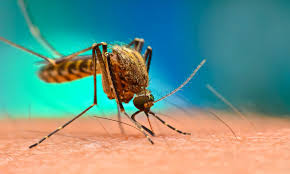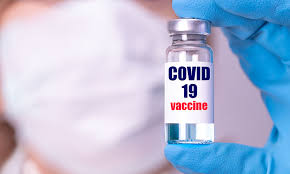We are not on track to end AIDS by 2030 – UNAIDS

The world is not on track to end HIV and AIDS by 2030, United Nations AIDS (UNAIDS) executive director Winnie Byanyima has said.
According to the World Health Organisation (WHO), at least 38.4 million people are a living with HIV as of 2021
UNAIDS is leading the global effort to end AIDS as a public health threat by 2030 as part of the Sustainable Development Goals.
Since the first cases of HIV were reported more than 35 years ago, 78 million people have become infected with HIV and 35 million have died from AIDS-related illnesses.
In her World AIDS Day message, Byanyima said more was still needed to end AIDS by 2030.
World AIDS Day is celebrated on December 1, annually.
“World AIDS Day is a moment to honour over 40 million lives lost to AIDS, take stock of the AIDS response, and commit to ending AIDS,” said Byanyima.
“This week we launched a powerful new report, Dangerous Inequalities. In it, we called the world’s attention to a painful reality: Currently, we are not on track to end AIDS by 2030, and the reason is inequality. But there is good news: by equalizing, we can end AIDS.”
She said it was important for the world to come up with measures aimed at reducing HIV risks for women and girls.
“In sub-Saharan Africa, adolescent girls and young women are three times more likely to be infected with HIV than boys and men of the same age,” said Byanyima. “The driving factor is inequality. Enabling girls to stay in school until they complete secondary education reduces their vulnerability to HIV infection by up to 50%. When we include comprehensive sexuality education and other measures for girls’ empowerment then their risk is reduced even further.”
Beyond that, Byanyima said, it was important to combine services for sexual and reproductive health together with services for preventing and responding to sexual and gender-based violence and HIV.
“They must be designed to work for all women and girls, in all their diversity,” she explained.
“We must equalize for marginalised people. Discrimination against marginalised people is hurting the HIV response. Globally, gay men and other men who have sex with men are 28 times more likely to be infected with HIV. People who inject drugs have 35 times the risk, sex workers 30 times the risk, and transgender women 14 times the risk. We will not end AIDS unless we can end it for everyone.”
Byanyima explained: “The evidence is clear: when you decriminalise, people will come forward for services. Decriminalisation saves lives. Here are two examples: In South Africa, where same sex relationships are legal, gay men are 60% more likely to be living with HIV but in Uganda where gay men are criminalized, they are 240% more likely. In Thailand, where same sex relationships are legal, gay men are 11-times more likely to living with HIV than other men, but in Malaysia where gay men are criminalized, they are 72-times more likely.”
She said another inequality that breaks her heart was on children living with HIV. “With the science that we have today, no baby should be born with HIV and no child who has HIV should be without treatment,” said Byanyima.
“But today, while three quarters of adults living with HIV are on treatment, only half of children are. This is intolerable. We will not allow this shameful and avoidable injustice to continue.”
She added: “That is why the United Nations, international partners, civil society and governments from the 12 countries with the highest burden have come together and formed the Global Alliance to end AIDS in Children. We are moving. Tanzania will host the official launch early next year.






